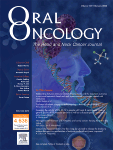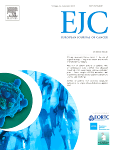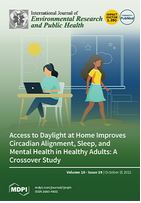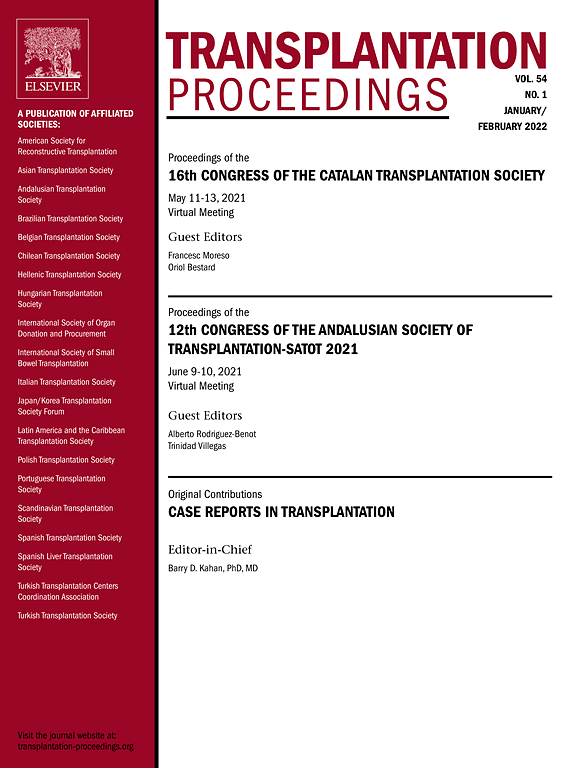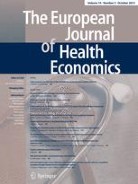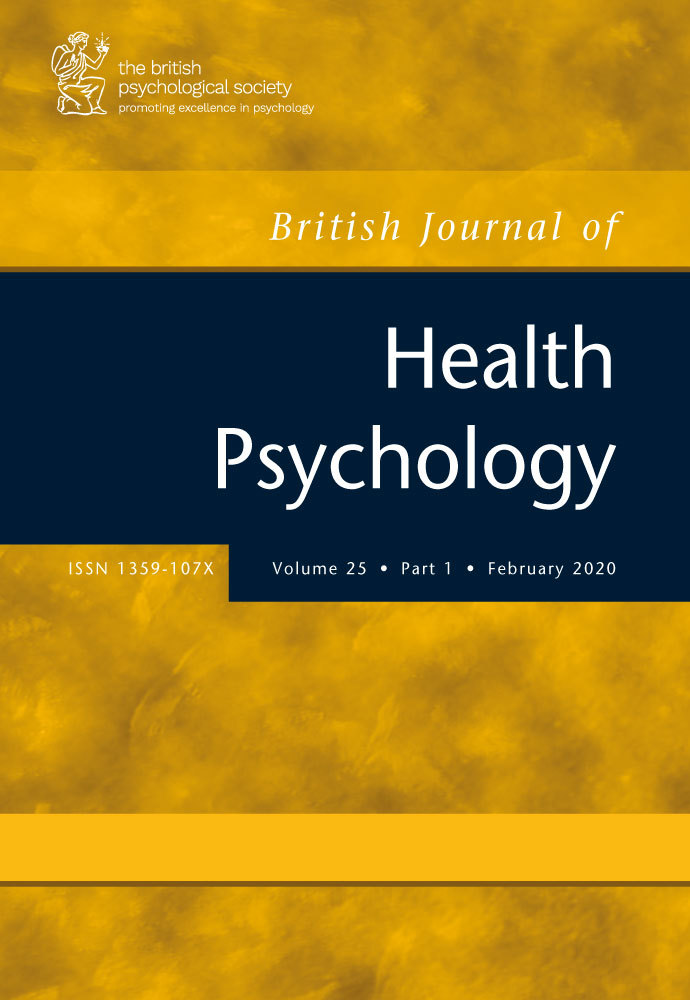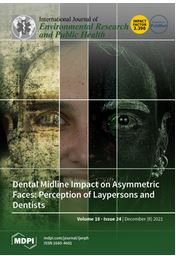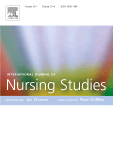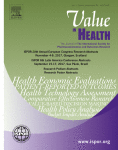Rare thyroid malignancies in Europe: Data from the information network on rare cancers in Europe (RARECAREnet)
Objective Limited information is available on the incidence of rare thyroid cancer (TC) subtypes: anaplastic (ATC) and medullary (MTC). The aim of this study was to describe incidence variations and trends across European countries of all TC subtypes. Materials and methods We used the RARECAREnet database including 80721 TC incident cases in the period 2000–2007…



